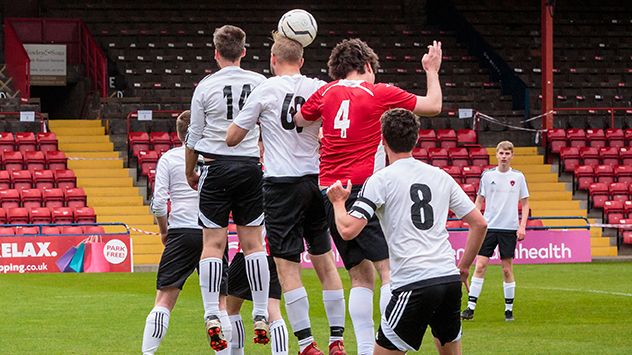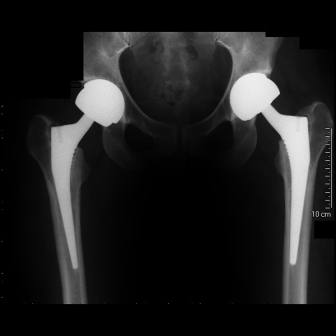A study published in The New England Journal of Medicine on 21 October 2019 into ‘Neurodegenerative Disease Mortality among Former Professional Soccer Players’ has recently hit the headlines after finding that professional footballers are more likely to die from Alzheimer’s, by five times.
The study
The researchers conducted a study to compare the rate of deaths caused by neurodegenerative diseases. Neurodegenerative diseases are diseases which affect the neurons of the human brain, such as Alzheimer’s and Parkinson’s disease.
This was done using a database of former professional Scottish football players. A total of 7,676 players, born between 1990 and 1976, were matched against 23,028 control subjects from the general population.
The findings
The researchers reached a number of conclusions: –
- The professional footballers average age at death was higher (67.9 years old, versus 64.7 for the control group);
- Over 18 years, the ex-footballers were less likely to have died (15.4% of the ex-footballers having passed away, versus 16.5% of the control group);
- The professional footballers were three-and-a-half times more likely to have died because of a neurodegenerative disease;
- Alzheimer’s disease was the neurodegenerative disease with the strongest link to professional football. The ex-footballers were five times more likely to suffer from it than the control group;
- The professional footballers were less likely to have died from heart disease (2.3% compared to 2.5% of the control group) or lung cancer (1% compared to 1.6% of the control group).
What is the cause?
The reason for the increased risk it is not known. The study was a cohort study, which are good at identifying patterns, but not the cause of the pattern.
Some people have anecdotally attributed the increased risk to heading the football. However, the researchers who conducted the study, along with The Professional Footballers’ Association (PFA) and The Football Association (FA), who commissioned it, have been open about the inability to attribute a cause.
One finding that makes the link to heading the ball harder to make is that that there was no significant difference in the risk to goalkeepers, compared to outfield players – despite them having vastly different roles in the game.
The ideas that dead injuries could be caused by heading the ball is not new though. An article titled “Danger in heading the ball”, published in the October 1966 edition of the Football League Review.
Could footballers claim compensation?
Brain injuries are often life-changing, so it’s understandable that those afflicted by avoidable injuries might want to seek compensation.
In order to succeed in a claim for personal injury in England or Wales, you must prove: –
- The person, or organisation, the claim is against owed a ‘duty of care’ to the person making the claim.
Various people and organisations could owe a duty of care to a professional footballer. The most obvious is their club, who are effectively their their employer. It might not be your everyday job, but they owe the same protections to their players, as your boss would to you.
- There was a breach of the duty of care.
You must prove that the person who owed a duty of care, acted in a way which was contrary to a reasonable body of professional opinion, at the time. Articles such as “Danger in heading the ball” might go some way towards doing this.
- The person making the claim would not have suffered the loss or damage claimed ‘but for’ the breach of duty.
Evidence from a medical expert would be needed to prove this, as it is in most claims.
What next
The research is the first peer-reviewed study that shows professional footballers are at an increased risk of neurodegenerative disease. It’s now incumbent on all interested parties to find out more about the causes and how the risks can be reduced.
The introduction of concussion protocols and improved medical facilities in recent years are promising, but those responsible must not rest on their laurels.





